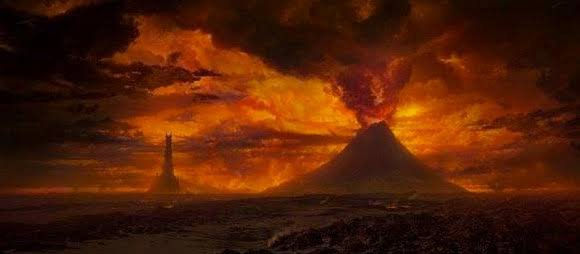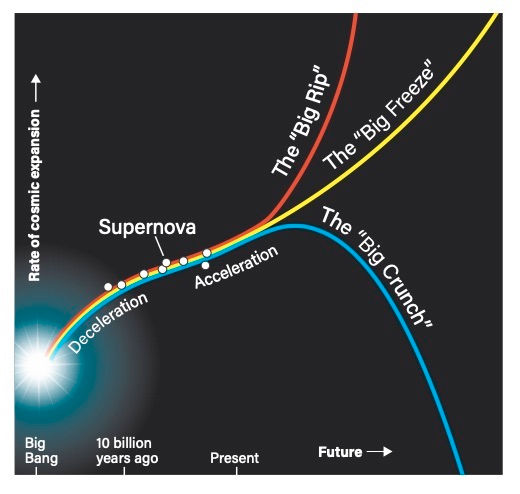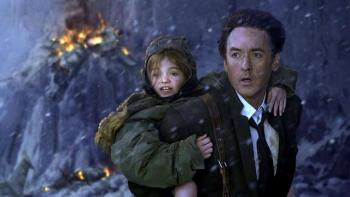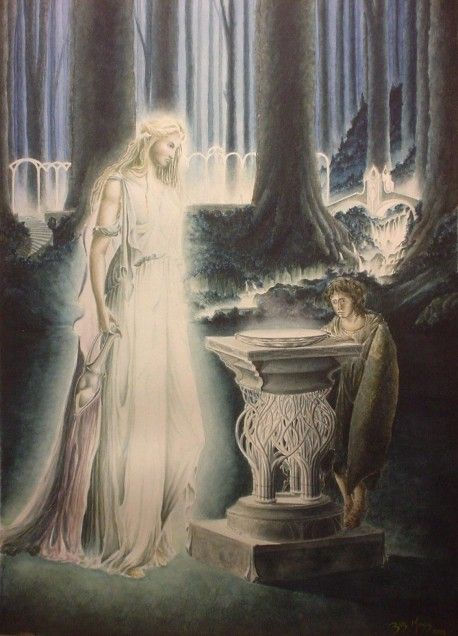Tolkien and the Long Defeat
- Kory James

- Oct 13, 2022
- 4 min read
Updated: Oct 13, 2022
“I am a Christian, and indeed a Roman Catholic,” Lord of the Rings author J. R. R. Tolkien once penned in a letter to family, “so I do not expect ‘history’ to be anything but a ‘Long Defeat'...”
This philosophy of inevitable apocalypse coupled with nostalgia for the past pervades every fiber of Tolkien’s epic tales, with forsaken warriors fighting for the great kingdoms of old, elves daydreaming of ancient purity, and dwarves boasting the glories of their abandoned mines as the forces of evil strengthen around them.

Middle-Earth is a realm in perpetual decline. One beginning in benevolent magic and bliss yet succumbing over time to mundanity and shadow. Sure, there are periods of light amidst the fall; grand victories over darkness like what we see in The Return of the King, but the story never ends on such highs. Even after Sauron’s defeat, new evils eventually arise and Middle-Earth continues its sinusoidal descent, forever victim to the entropy of evil. An entropy that must inevitably reach a cataclysmic breaking point.
A Long Defeat.

As a Christian, Tolkien’s chosen apocalypse for the real world would have been the Book of Revelations, in which humanity reaches the depths of depravity and Earth is destroyed to create New Jerusalem, an eternal holy land for true believers. But this is far from the only religion that prophesies catastrophe. Look no further than the all-destroying god-battle of Ragnarok, the failed Mayan solar flares of 2012, or Jesus’s divine reappearance in Missouri foretold by the Mormons.

Yet apocalypticism extends beyond the religious. In our age of reason, even the scientist has her share of faith-based doomsday inevitabilities. For example, she believes that if, against all odds, humanity survives 8 billion years into the future, our sun will burn out and we’ll quickly turn to ice sculptures. And if we somehow escaped our solar system into foreign galaxies, we would ultimately meet extinction at the hands of one of the three theories of universal annihilation.

These are 1) the Big Freeze, or Heat Death, where entropy in the cosmos increases like evil in Middle-Earth until the heat generated by a single human thought becomes impossible, 2) the Big Rip where everything stretches and tears into its underlying particles, and 3) the Big Crunch (my personal favorite) where the acceleration of the universe flips on a dime to deceleration and collapses in on itself, condensing everything to a point of uncontainable energy which implodes into another Big Bang identical to the last. The history of time and space then repeats itself in a never-ending Westworld loop.
Of course, none of this is for certain and the problem with theorizing the end of times is that there is SO much we still don’t know. We’d be as foolish as the Mayans to presume the fate of the universe billions of years in the future. In all likelihood, they’ll make a hyper-futuristic movie at that time starring biologically cloned John Cusack to poke fun at our naivety. They’ll call it 22 Billion 2012.

In light of our collective ignorance, I choose to believe in a ‘hope without guarantees’ as Tolkien would call it. That is, in the glimmering chance humanity can divine the means to survive itself, its solar system, and perhaps even universal apocalypse. I know it’s a longshot but, hey, who doesn’t love a good underdog story?
And even if humanity is destined for extinction in the same way a newborn must greet senescence and death, there’s still reason to carry on. If there wasn’t, what would be the point of it all? Why would the Fellowship race towards Mt. Doom knowing their efforts would eventually be undone? Why would Tolkien compose his epics knowing every word would be forgotten and each page turned to dust? Better yet, why would anyone do anything?
You see, there’s more to the seemingly nihilistic Long Defeat concept than I led on.

“He has dwelt in the West since the days of dawn,” Galadriel reveals in the LOTR books, referring to her husband Celeborn. “And I have dwelt with him years uncounted…and together through the ages of the world we have fought the long defeat.”
To Tolkien, the Long Defeat isn’t something to be accepted and surrendered to, but rather to be rebelled against at all costs. For although society is destined for decline, “it contains samples or glimpses of final victory.” It is these temporary highs that give meaning to life, the peaks amidst descent, the acts of rebellion, the fleeting moments of happiness and serenity. It is the undying will to make things better before they get worse. It is Sisyphus smiling wide as he pushes his boulder up the mountain, knowing well it will soon come crashing down.
Alongside its pessimism, Tolkien’s world is paradoxically imbued with unmistakable joy. Hobbits chanting merrily over pints of ale, wizards showcasing the wonders of magic to wide-eyed youngsters, romantic loves more powerful than immortality, and a mythic intrigue that has inspired millions. It is this levity in the face of death and destruction that makes us human, and we should foster its growth every chance we get.

If our species and universe is indeed destined for a long, apocalyptic defeat, then it is our sacred duty is fend it off for as long as we can with kindness, love, and creative ingenuity.
Let me know your thoughts in the comments below and here is a cover of The Long Defeat by one of my favorite bands, Thrice, who were likewise inspired by Tolkien's concept. Keep fighting that good fight y'all.



Comments